Thirlwall Inquiry: how were Lucy Letby killings able to happen?
The independent hearings, which begin this week, will aim to 'seek answers for the victims' families and ensure lessons are learned'
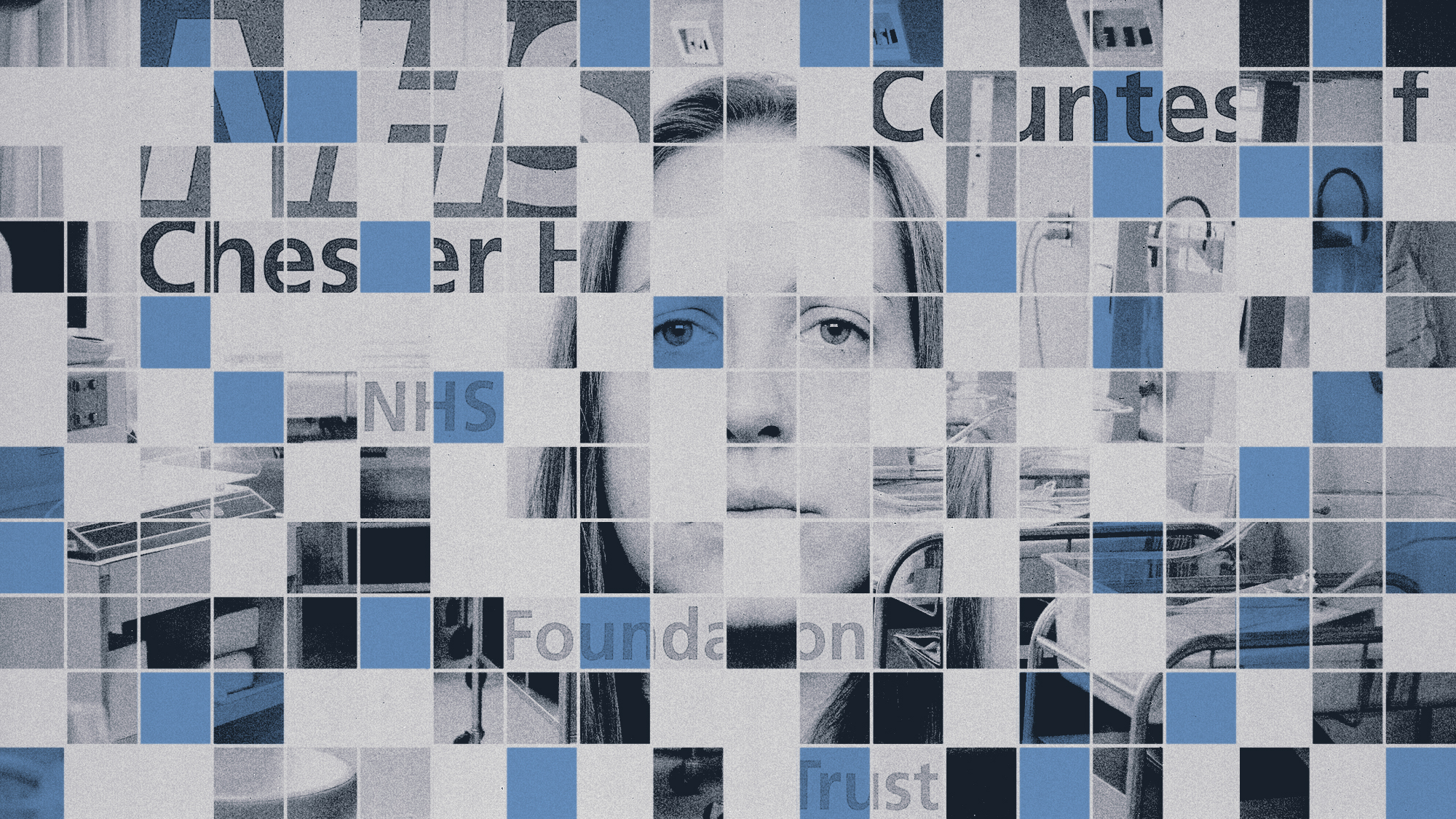
A free daily email with the biggest news stories of the day – and the best features from TheWeek.com
You are now subscribed
Your newsletter sign-up was successful
An inquiry examining what exactly happened at the Countess of Chester Hospital during the time convicted murderer Lucy Letby worked there will begin this week.
Former neonatal nurse Letby was convicted in 2023 of murdering seven babies and attempting to kill seven others at the hospital between 2015 and 2016. She has been sentenced to multiple whole life sentences for her crimes.
What is the scope of the Thirlwall Inquiry?
The Thirlwall Inquiry is an independent public inquiry that aims to "examine events at the Countess of Chester Hospital and their implications following the trial, and subsequent convictions, of former neonatal nurse Lucy Letby of murder and attempted murder of babies at the hospital".
The Week
Escape your echo chamber. Get the facts behind the news, plus analysis from multiple perspectives.

Sign up for The Week's Free Newsletters
From our morning news briefing to a weekly Good News Newsletter, get the best of The Week delivered directly to your inbox.
From our morning news briefing to a weekly Good News Newsletter, get the best of The Week delivered directly to your inbox.
The inquiry will look into how Letby was able to carry out these crimes within the NHS hospital, as well as investigate how the NHS handled the case and its response to doctors who raised concerns.
The inquiry, which will begin tomorrow at Liverpool Town Hall, will be chaired by Court of Appeal judge Lady Justice Thirlwall. Proceedings are expected to last four and a half months. Once the inquiry concludes, Lady Thirlwall will provide a final report with recommendations to the health secretary.
Why was the Thirlwall Inquiry ordered?
Following Letby's conviction in August 2023, there was a public outcry and deep concern over how she was able to operate undetected. Steve Barclay, the then health secretary, ordered the inquiry, which he said would "seek to ensure the parents and families impacted get the answers they need".
"Following on from the work already under way by NHS England, it will help us identify where and how patient safety standards failed to be met and ensure mothers and their partners rightly have faith in our healthcare system."
A free daily email with the biggest news stories of the day – and the best features from TheWeek.com
What will the inquiry focus on?
While the inquiry has no power to determine criminal or civil liability, it will try to highlight where failings have occurred. The inquiry has said that its "key objectives" are to "seek answers for the victims' families and ensure lessons are learned".
It will also "examine the wider circumstances, including the response and conduct of the NHS, its staff and its regulators", according to the inquiry's website.
The inquiry will be split into three areas, with Part A focused on exploring the "experiences of the Countess of Chester Hospital and other relevant NHS services, of all the parents of the babies named in the indictment".
Part B will then look at the conduct of those working at the hospital, run by Countess of Chester Hospital NHS Foundation Trust, and how concerns raised by staff members about Letby were handled.
Part C will look at broader issues in the NHS, including management and governance structures, to assess if enough is being done to protect vulnerable patients like newborns while in hospital.
Who will be involved in the inquiry?
The core participants giving evidence will include the families of Letby's victims, the Countess of Chester Hospital NHS Foundation Trust, several NHS bodies like NHS England, and key hospital staff who were in leadership roles while Letby worked at the Cheshire hospital.
The inquiry, which was not initially given full statutory powers, was upgraded last year to have greater powers to compel witnesses to give evidence.
Why is the inquiry controversial?
Despite Letby's conviction, concerns have been raised by some medical experts and media outlets over the evidence presented at her trial. In August, two dozen scientists, medics and statisticians wrote to the health secretary, Wes Streeting, calling for the inquiry to be postponed, to "allow for further investigation and to hear wider professional concerns", said The Telegraph.
They were concerned the inquiry's terms of reference "may unintentionally deflect from multiple potential causes of neonatal deaths at the Countess of Chester Hospital and thus miss the opportunities to draw the correct wider lessons for the NHS".
They said there were concerns over how the legal system could be "particularly vulnerable to errors when dealing with intricate scientific evidence, especially in cases involving statistical anomalies in healthcare settings, and the complex physiology of neonates".
In May 2024, The New Yorker magazine in the US published a controversial 13,000-word investigation that questioned the legitimacy of the Letby case.
A solicitor representing the families of six Letby victims said online speculation about the safety of the nurse's conviction was "upsetting" for all of her clients. Speaking to BBC "Breakfast" this morning, Tamlin Bolton said: "I can't stress enough how upsetting that has been for all of the families that I represent."
Sorcha Bradley is a writer at The Week and a regular on “The Week Unwrapped” podcast. She worked at The Week magazine for a year and a half before taking up her current role with the digital team, where she mostly covers UK current affairs and politics. Before joining The Week, Sorcha worked at slow-news start-up Tortoise Media. She has also written for Sky News, The Sunday Times, the London Evening Standard and Grazia magazine, among other publications. She has a master’s in newspaper journalism from City, University of London, where she specialised in political journalism.
-
 How the FCC’s ‘equal time’ rule works
How the FCC’s ‘equal time’ rule worksIn the Spotlight The law is at the heart of the Colbert-CBS conflict
-
 What is the endgame in the DHS shutdown?
What is the endgame in the DHS shutdown?Today’s Big Question Democrats want to rein in ICE’s immigration crackdown
-
 ‘Poor time management isn’t just an inconvenience’
‘Poor time management isn’t just an inconvenience’Instant Opinion Opinion, comment and editorials of the day
-
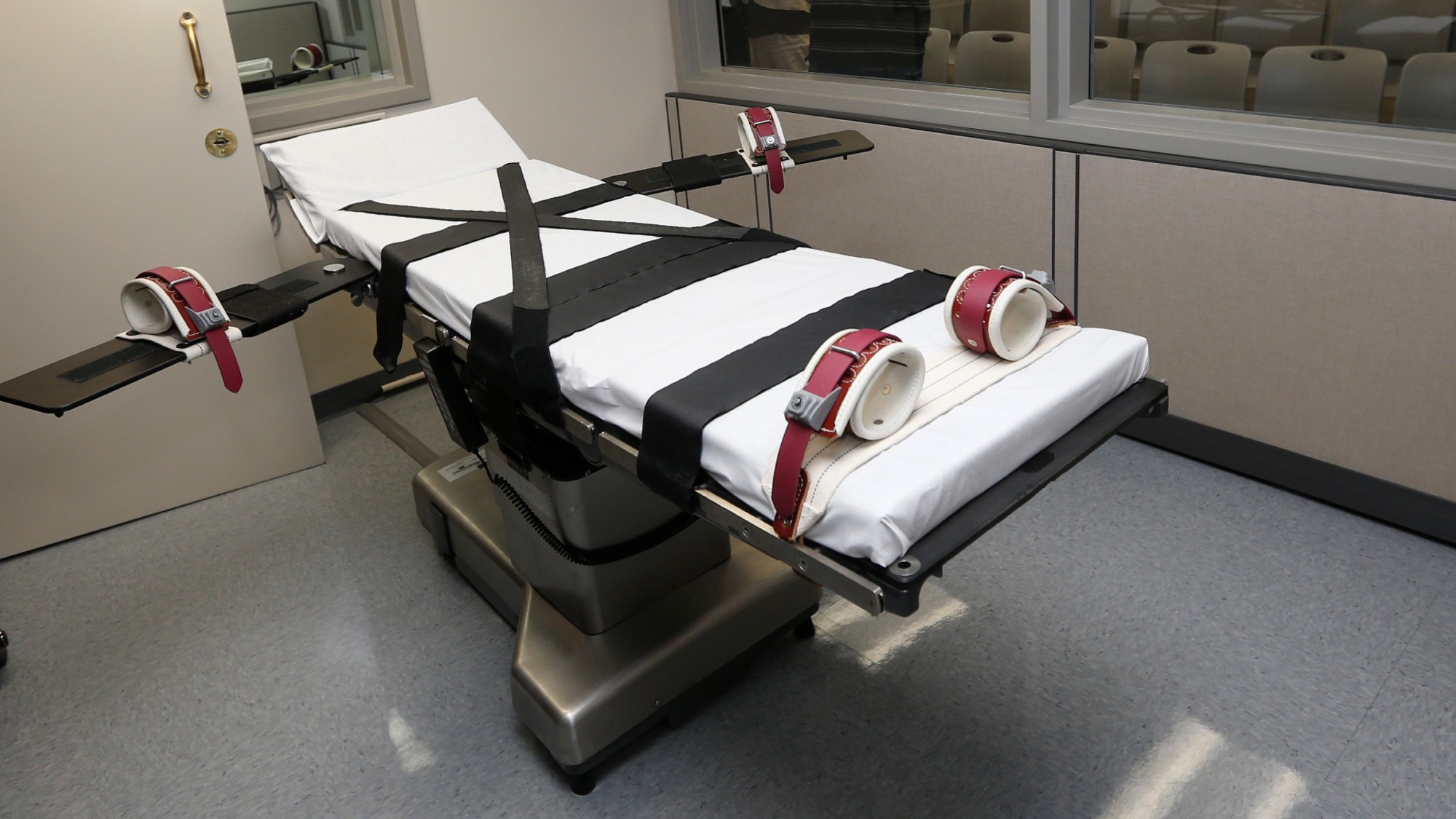 Executions are on the rise in the US after years of decline
Executions are on the rise in the US after years of declineThe Explainer This year has brought the highest number of executions in a decade
-
 Trump lambasts crime, but his administration is cutting gun violence prevention
Trump lambasts crime, but his administration is cutting gun violence preventionThe Explainer The DOJ has canceled at least $500 million in public safety grants
-
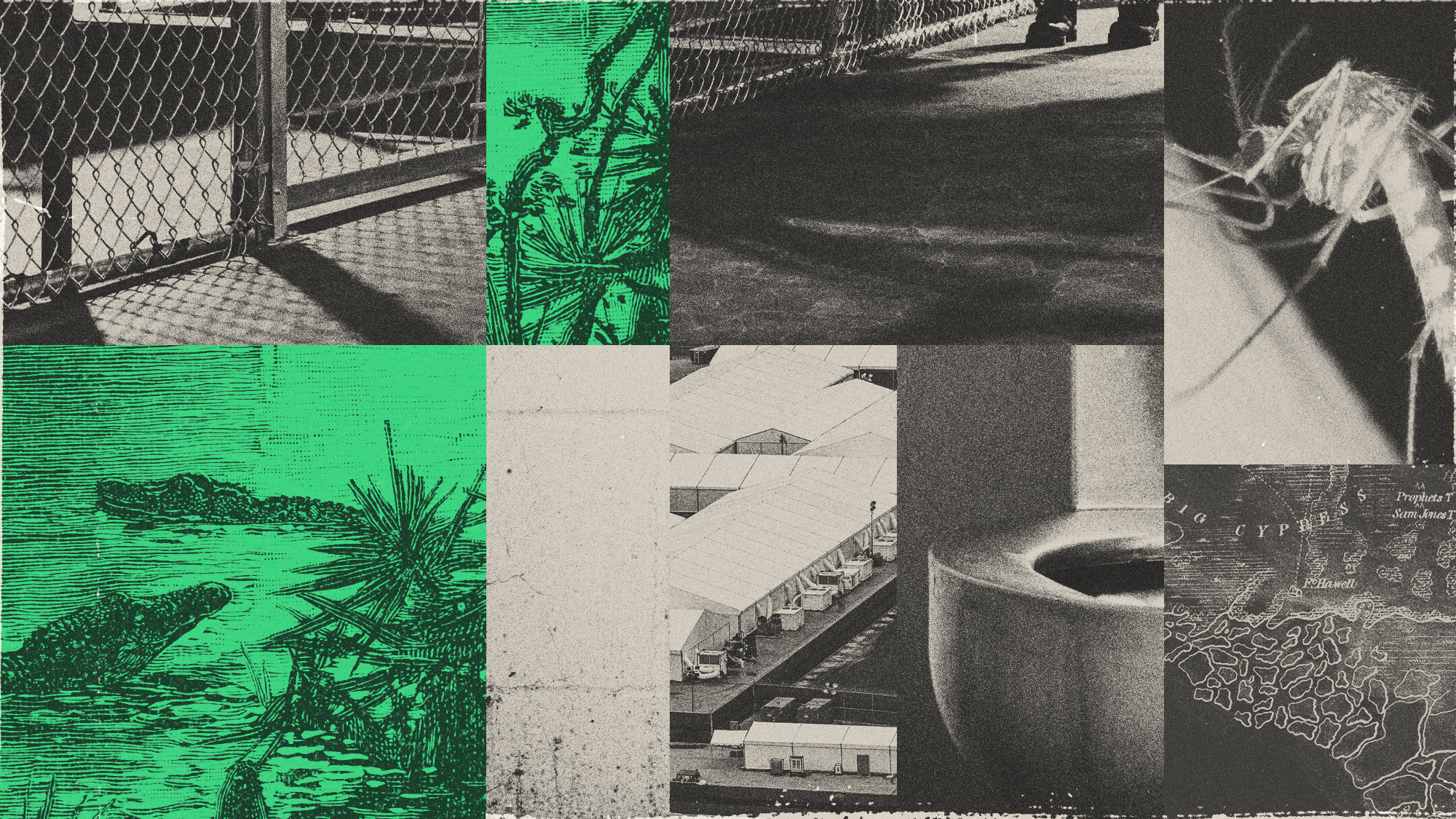 Insects and sewer water: the alleged conditions at 'Alligator Alcatraz'
Insects and sewer water: the alleged conditions at 'Alligator Alcatraz'The Explainer Hundreds of immigrants with no criminal charges in the United States are being held at the Florida facility
-
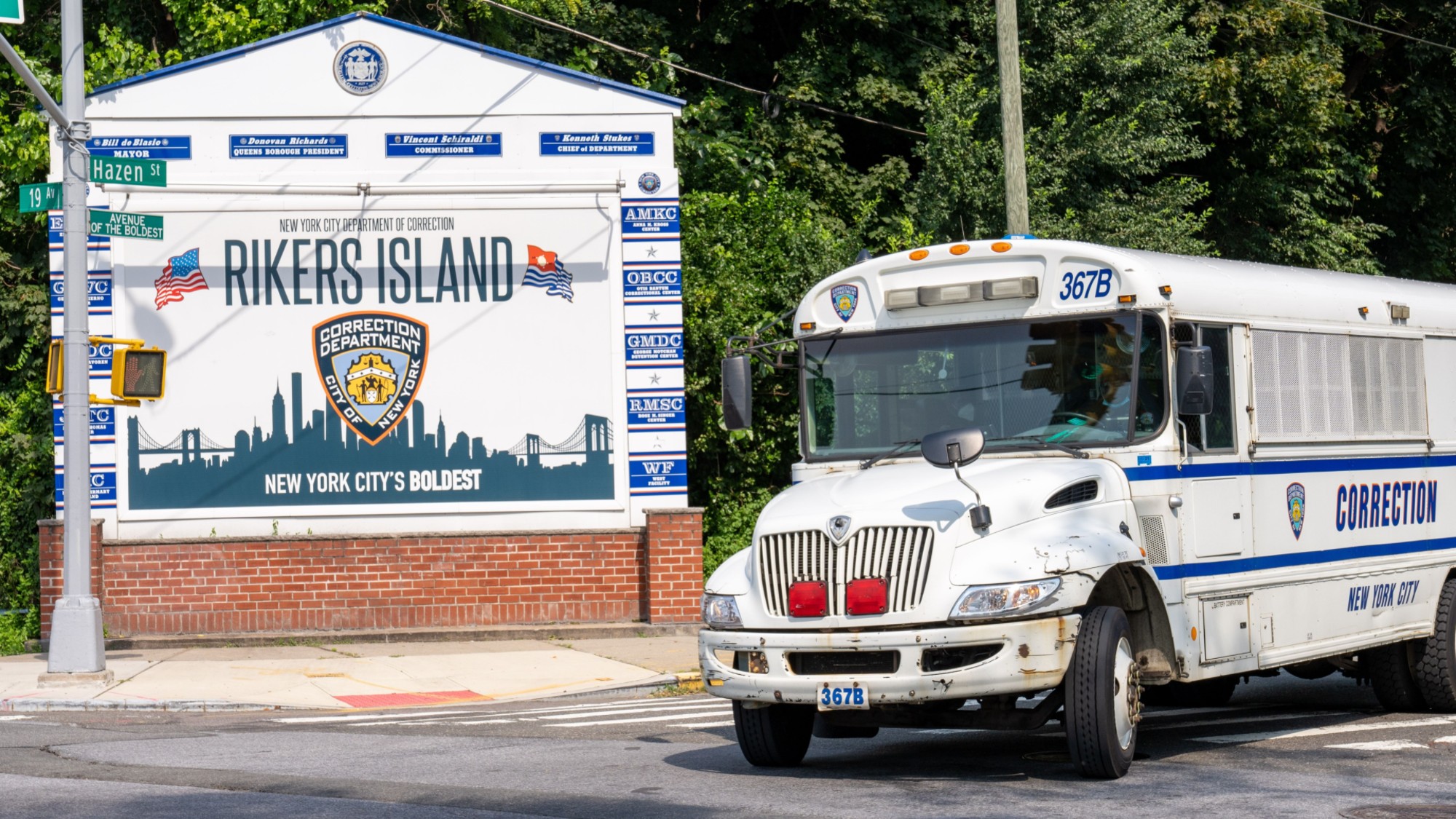 Why Rikers Island will no longer be under New York City's control
Why Rikers Island will no longer be under New York City's controlThe Explainer A 'remediation manager' has been appointed to run the infamous jail
-
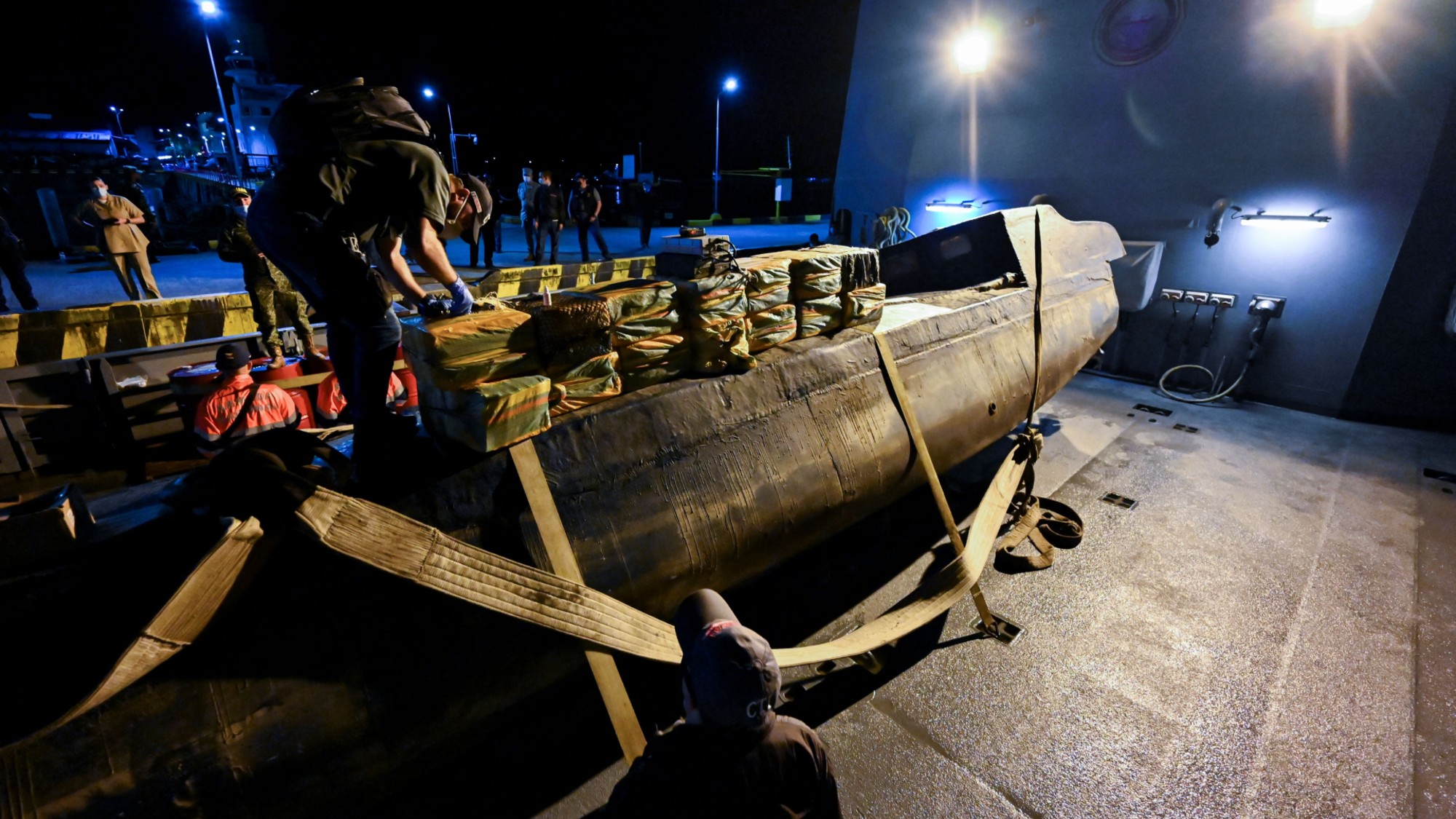 Narco subs are helping to fuel a global cocaine surge
Narco subs are helping to fuel a global cocaine surgeThe Explainer Drug smugglers are increasingly relying on underwater travel to hide from law enforcement
-
 How people-smuggling gangs work
How people-smuggling gangs workThe Explainer The Government has promised to 'smash' the gangs that smuggle migrants across the Channel. Who are they and how do they work?
-
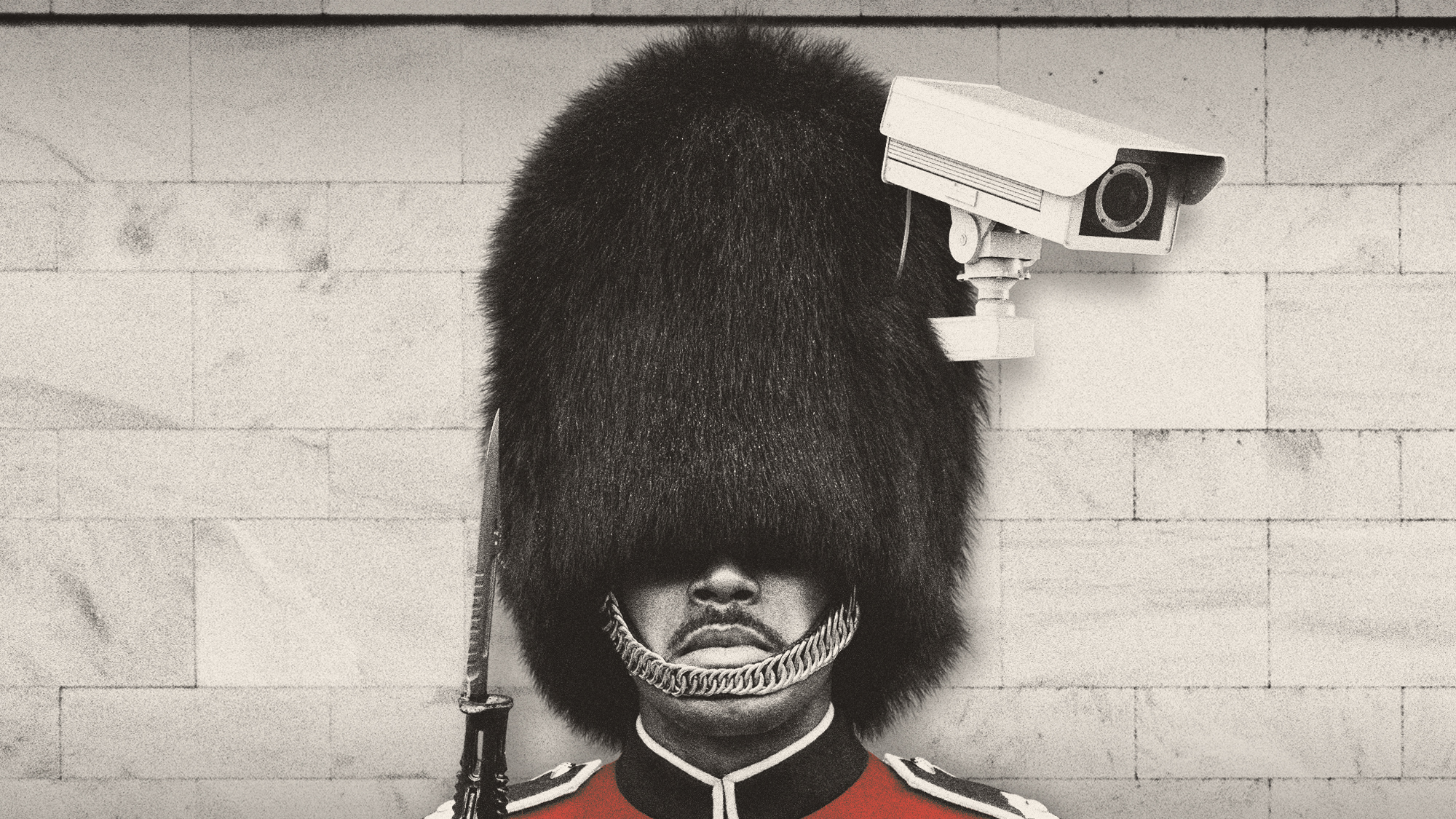 How secure are royal palaces?
How secure are royal palaces?The Explainer Royal family's safety is back in the spotlight after the latest security breach at Windsor
-
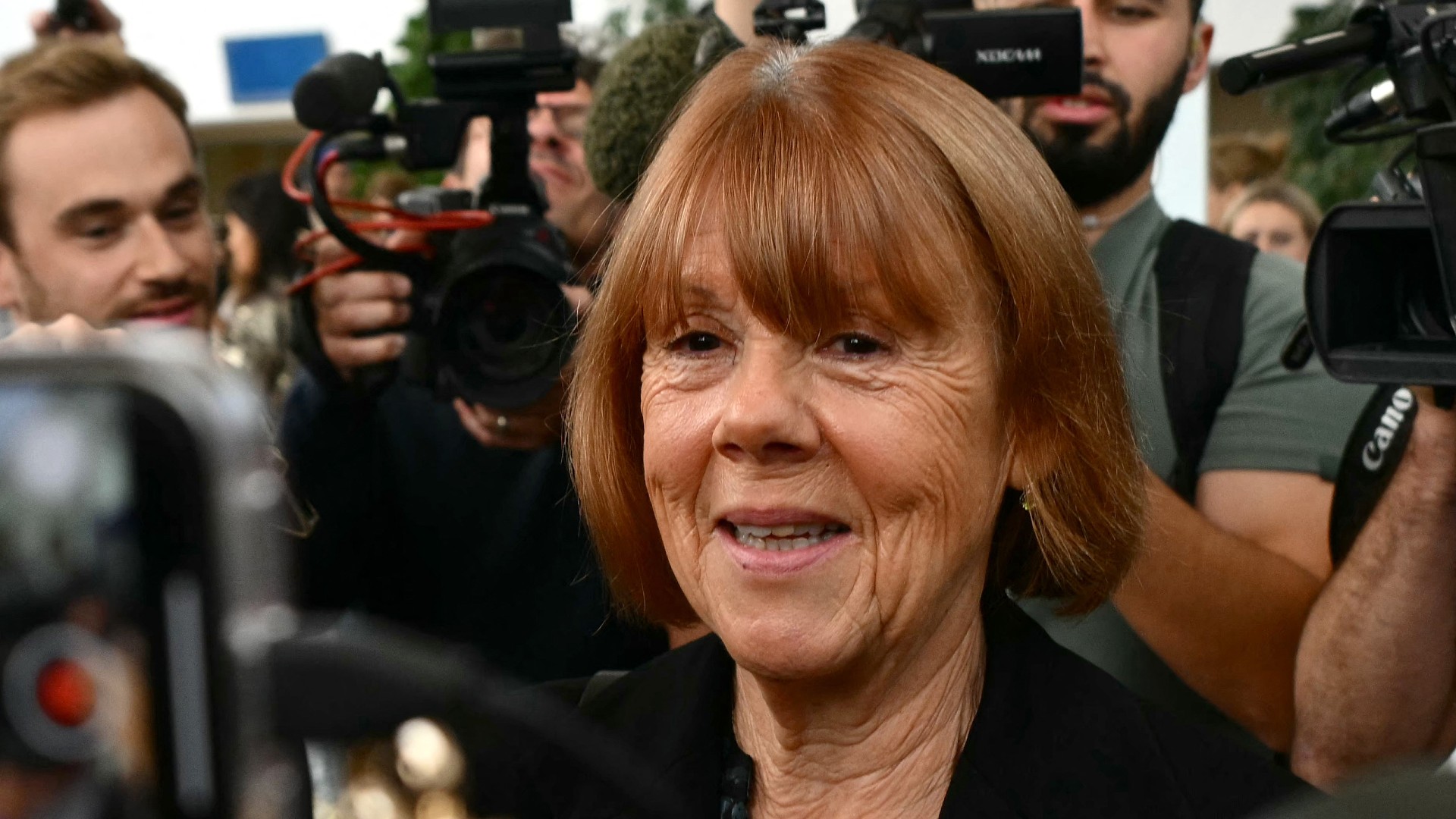 Gisèle Pelicot: the case that horrified France
Gisèle Pelicot: the case that horrified FranceThe Explainer Survivor has been praised for demanding a public trial of the dozens of men accused of raping her